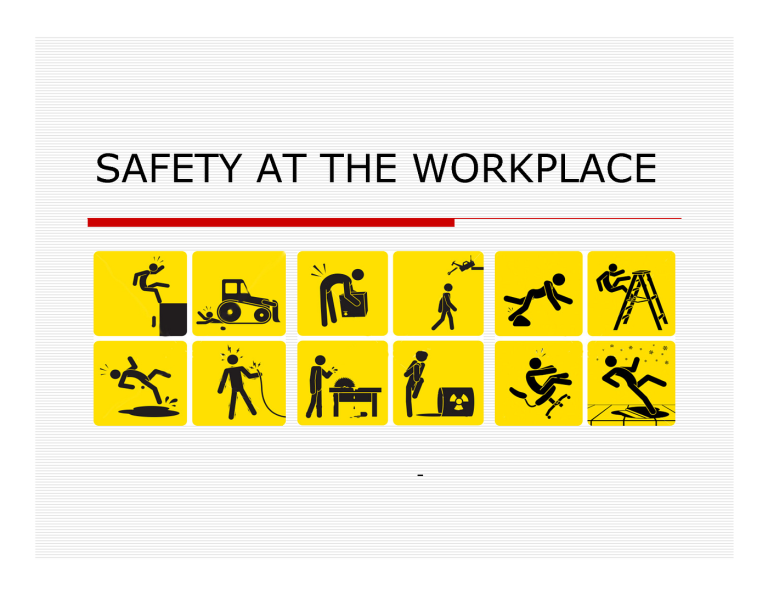Organisations need to move beyond CSR and create corporate shared value. Corporate social responsibility (CSR) is often seen as the ‘warm and fuzzy’ side of business. And while investing in communities is absolutely critical, it is only when CSR becomes part of the organisation’s strategic intent that true value is derived. So, how do you find that balance between giving to people in need and deriving actual value in return for the business?
Corporate shared value is achieved when CSR is fully integrated into the business and it benefits both the organisation and society whilst addressing specific social and economic needs. Through corporate shared value you see both a financial as well as a social return on investment. Again, this poses the question how do businesses achieve this? The answer lies in connected capitalism.
It’s not a new term – it was coined by former chairman and CEO of Coca-Cola, Neville Isdell, when he made a call to business to find ways to create a bridge between good business and corporate social responsibility. It takes the needs of communities and business into account, building a sustainable future for both.
South Africa is a prime candidate for more connected capitalism. We are faced with extremely high unemployment rates on one hand and on the other there are industries facing severe skills shortages.
Bridging the gap between skills shortages and unemployment
Through connected capitalism, you look at the needs of the organisation and match that with the needs of your local communities. Youth unemployment, currently pegged at 36.1%, is a major concern in South Africa. As a business, on the other hand, we need skilled people to employ within our contact centres people with a certain set of attributes that we can build on through our internal skills development programmes. So by focusing on investment in programs that are dedicated to up-skilling the youth, we are effectively helping to create potential talent pools from which business can recruit to meet growth requirements.
Creating access to opportunities
Often one of the biggest challenges faced is access to networks that enable opportunity. It is estimated that 80% of matriculants will never enter the corporate world, simply because they don’t know how to nor do they have the networks to access those opportunities. In the same vein, organisations don’t have access to the talent they require. Here initiatives such as our partnership with Harambee go a long way in closing that gap.
Harambee, an organisation which sources, trains and places unemployed young people from disadvantaged backgrounds into first-time jobs, gives Merchants access to the 80% of potential candidates that we would not otherwise have been able to reach. They take the profiles of what we require and match that to potential candidates. Once these candidates have completed their work readiness programmes, they are then incorporated into the Merchants team. Another classic example of connected capitalism by bridging these young people and giving them access to corporates they are not only getting sustainable jobs, but we as organisations now have access to the talent we require to grow.
I think the most important thing is for companies to realise that it is not about creating talent, but rather unlocking it. Simply put, it is by supporting business goals in all of your initiatives that you are driving sustainable opportunities for communities and industry alike i.e. connected capitalism all which ultimately support this country’s growth goals.
Jennie Algie is the people executive – Merchants.
























